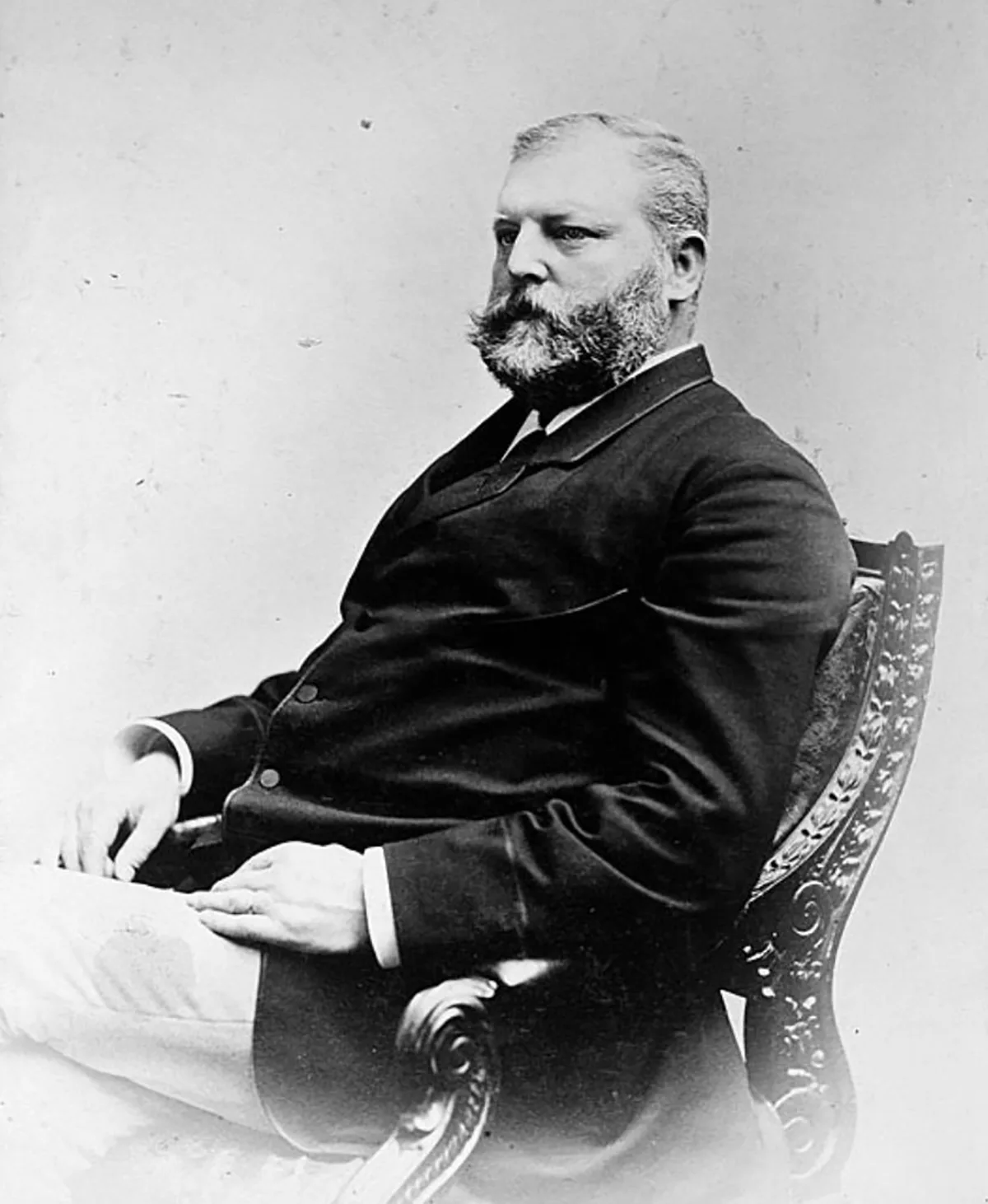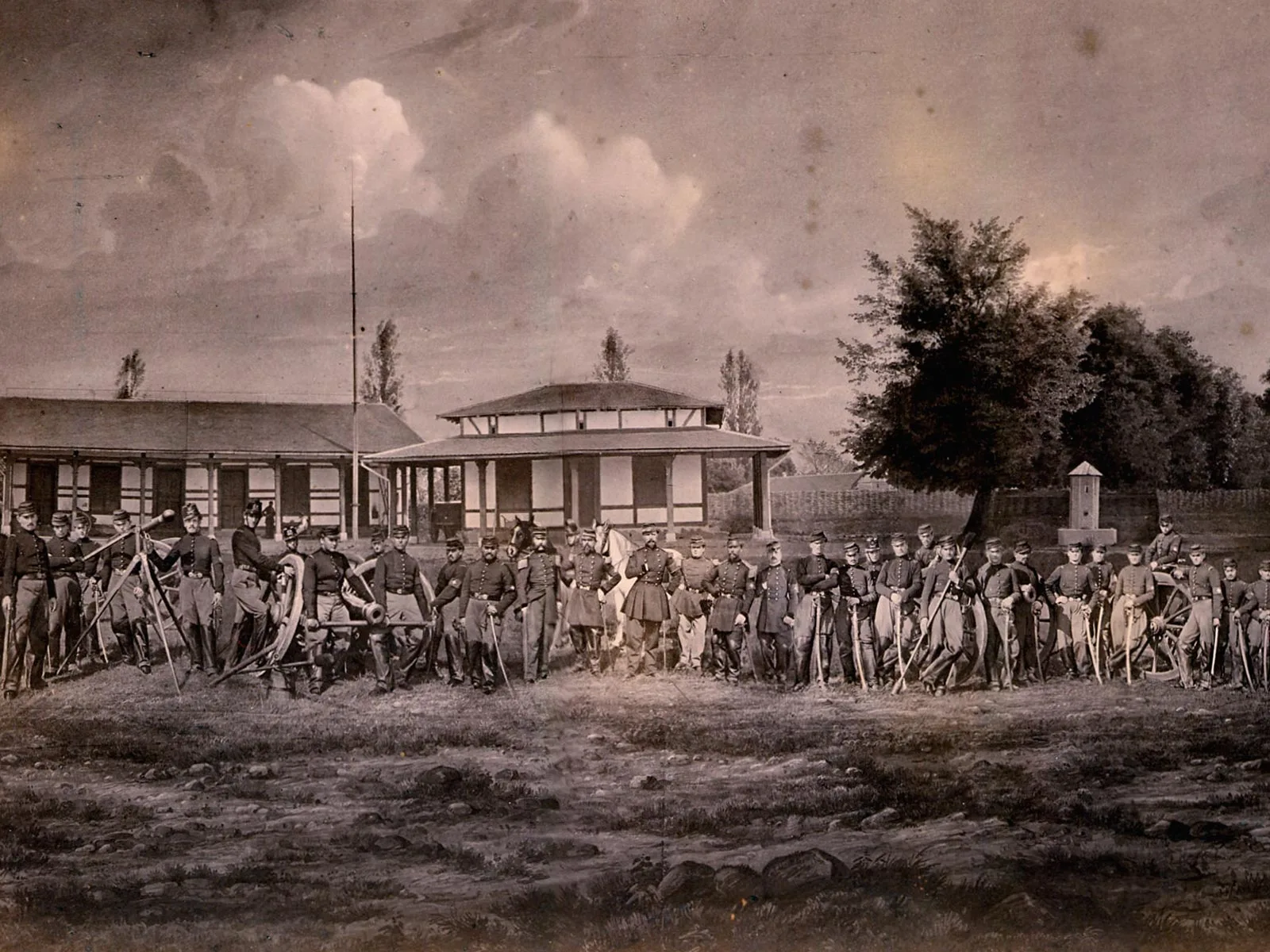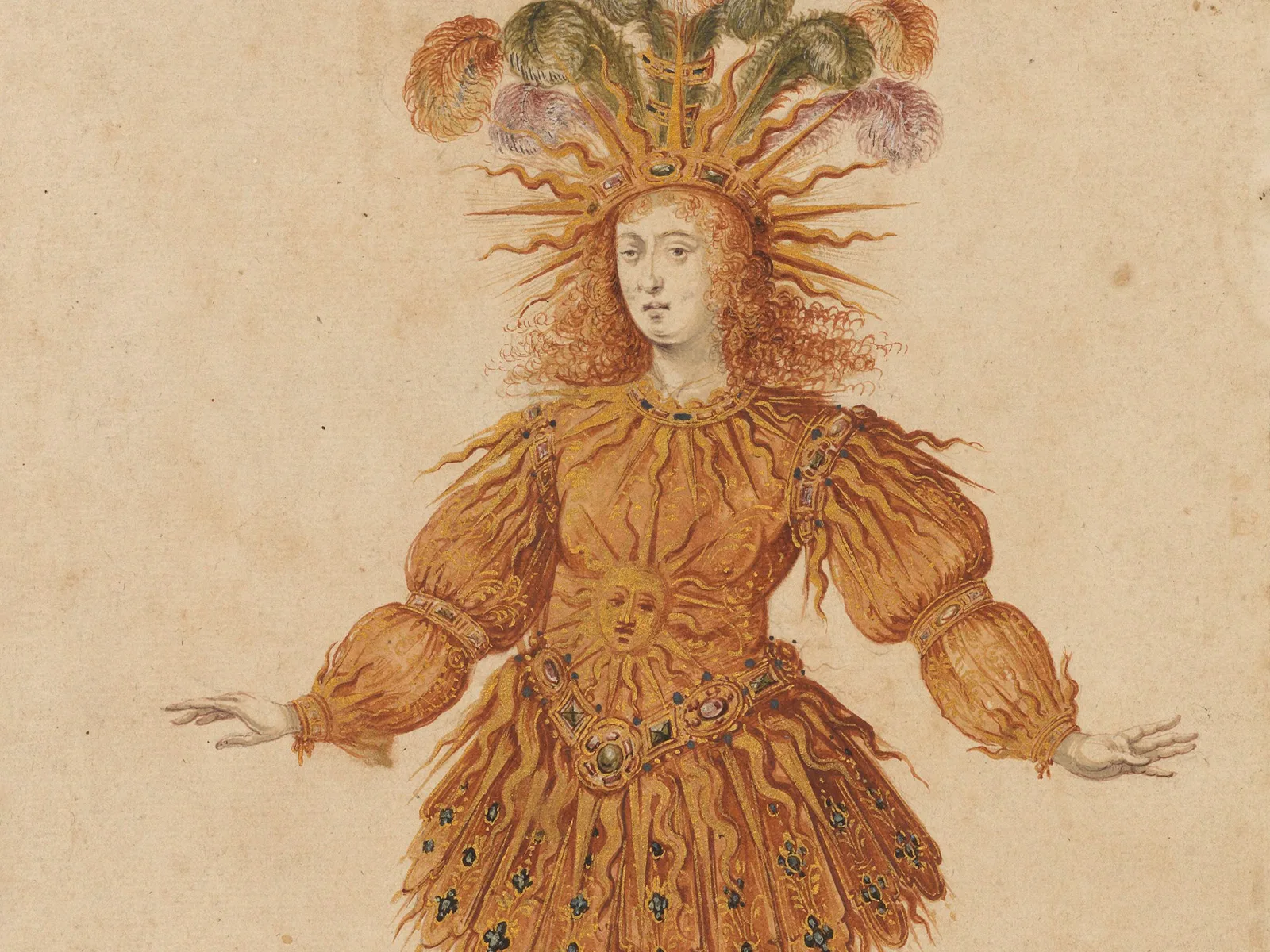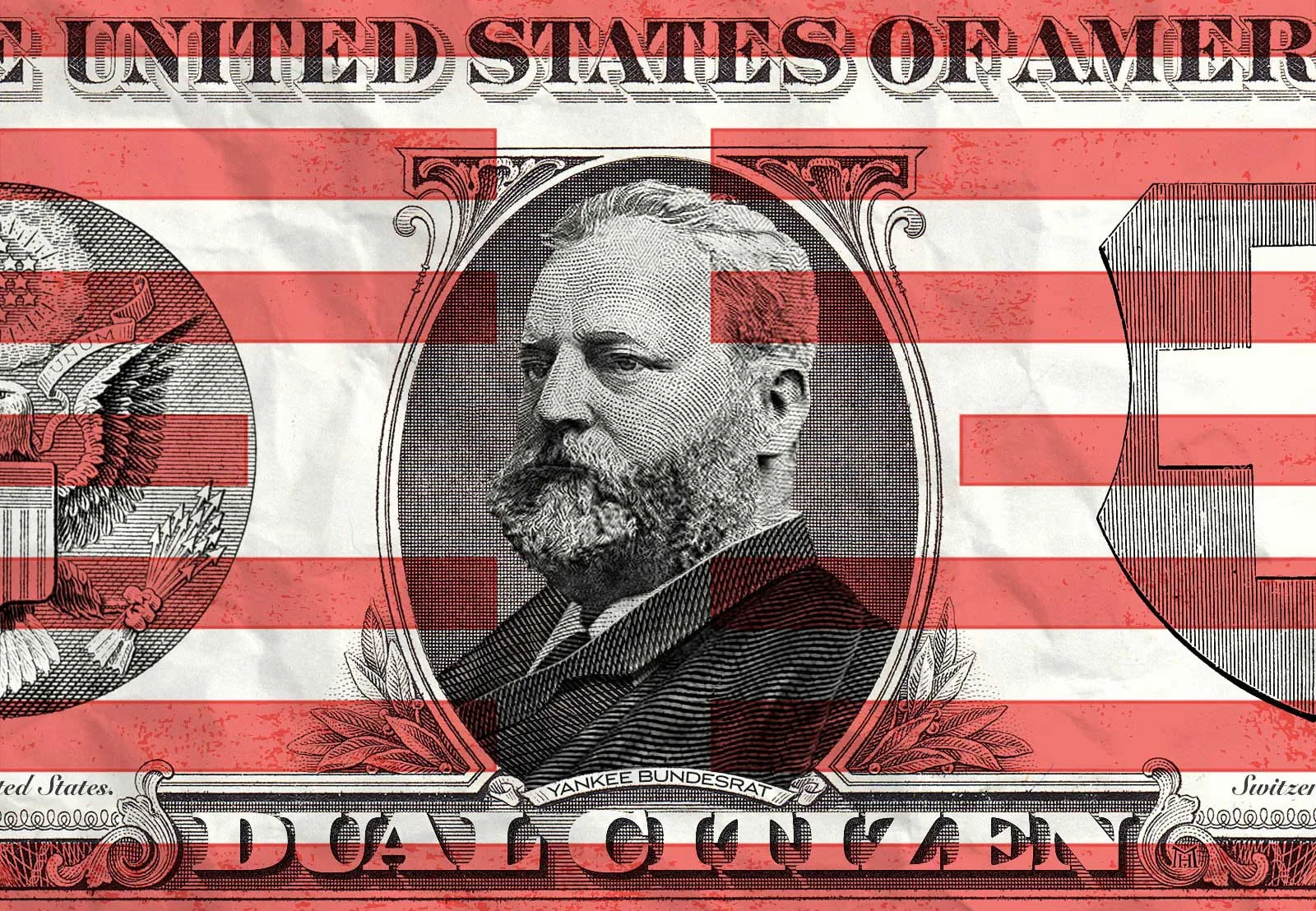
Dual citizen on the Federal Council
Emil Frey fought in the American Civil War as an army major. In 1890 he became a Federal Councillor. His dual citizenship didn’t bother anyone.
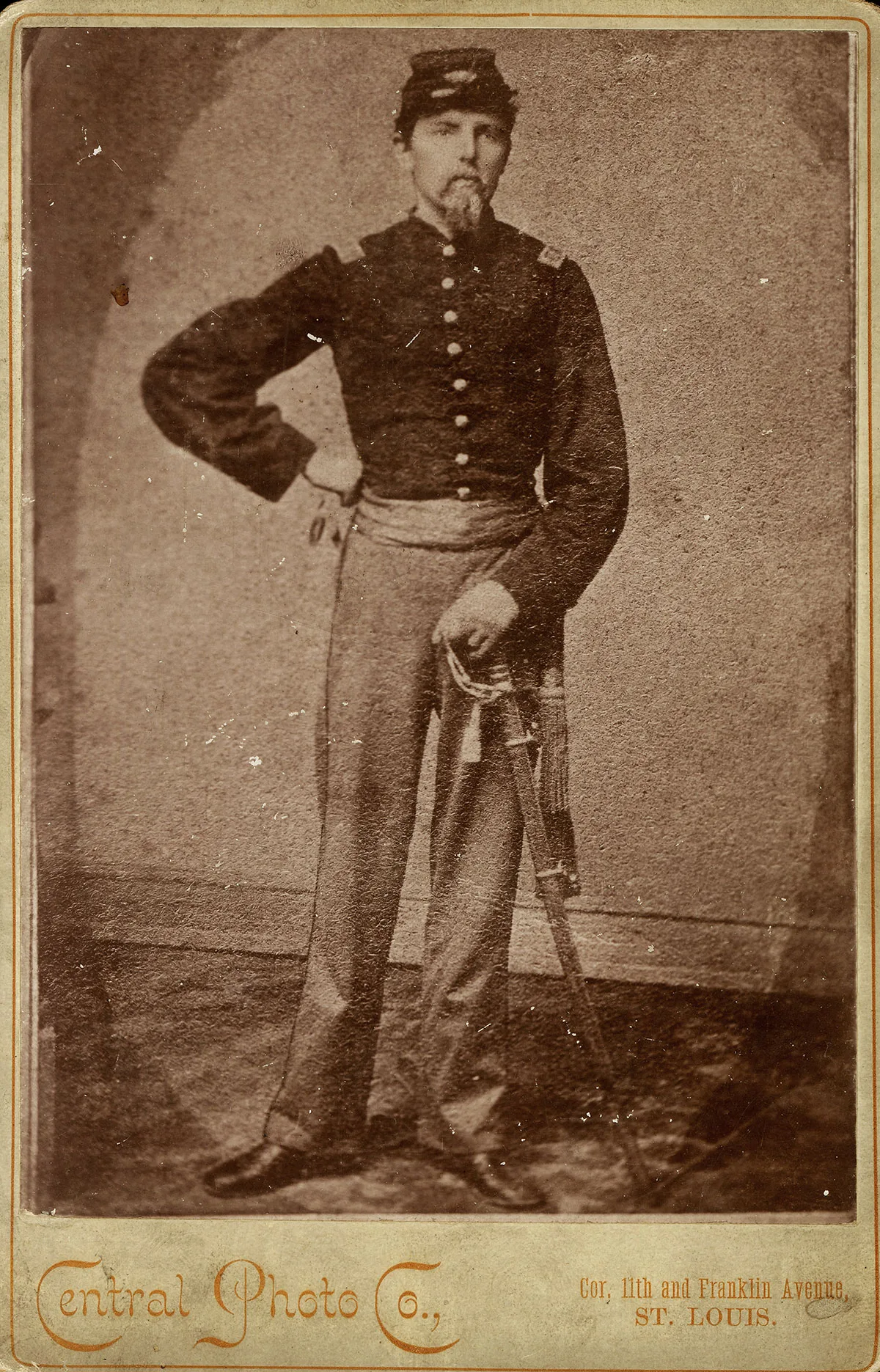
Captivity as a prisoner of war in Richmond
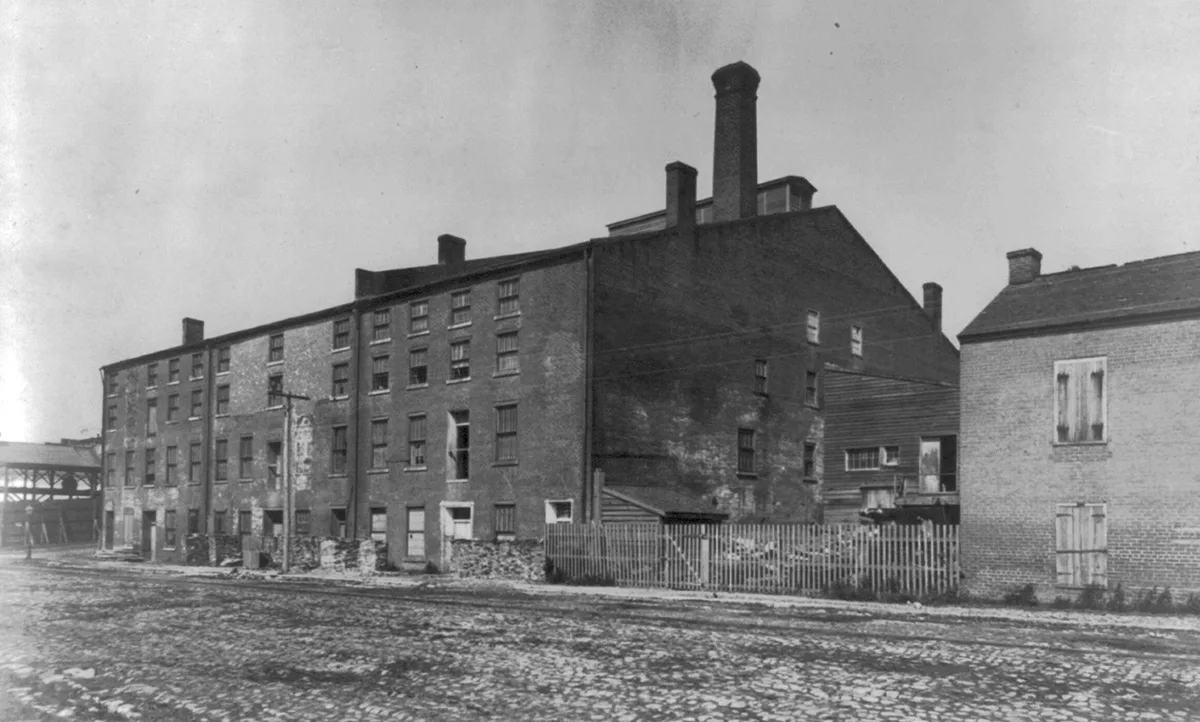
Dual citizenship not a problem
